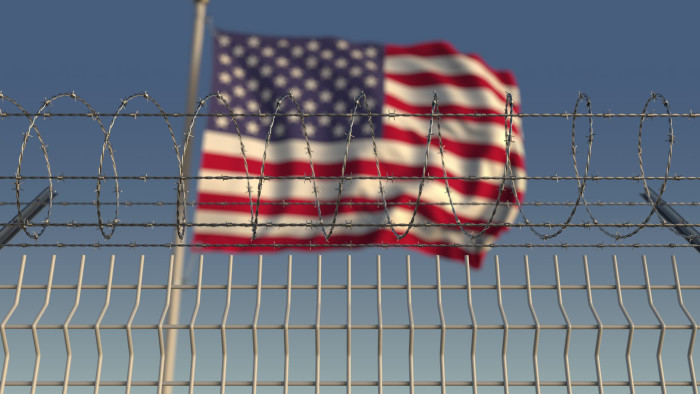
There isn’t any doubt, the US is the world leader in the use of plea bargaining: 97% of cases are resolved with a guilty plea – a percentage that has remained stable for the past two decades. Given the immense scale of US criminal prosecutions, where about 12 million people are admitted to jail every year, the US unquestionably administers more trial waivers than any other country.
The disappearance of trials threatens criminal defendants’ ability to get fair and accurate resolutions to the criminal charges against them. Now, there is a growing recognition of the problems around plea bargaining in the US. But how can we respond to the dominance of the system in the country and manage the practice in the future?
A plenary session at the American Bar Association (ABA) Criminal Justice Sections Fall Institute on the 2nd of November considered this very question. Fair Trials’ Senior Legal and Policy Officer Rebecca Shaeffer joined the session discussing fresh approaches to plea bargaining in the US criminal justice system. The panel was attended also by the Honorable Jed S. Rakoff, United States District Court, S.D.N.Y. and Sherry Boston, District Attorney for the Stone Mountain Judicial Circuit, Dekalb County, GA, and moderated by Professor Russell Covey, Georgia State University College of Law.
The growing reliance on plea bargaining is corroding the fairness of the justice systems when guilty pleas can persuade innocent people to admit crimes they did not commit. It also creates perverse incentives for all players in the system and reduces oversight and transparency of arrest, charging, evidence collection and sentencing practices. This negative development is affecting the neutrality of the system, as Jed S. Rakoff reminded in his opening address: Through the device of plea bargaining, the sentencing function that was historically uniquely the role of the judiciary, has effectively been changed so that it is largely determined by prosecutors.
Referring to Fair Trials report The Disappearing Trial, Rebecca Shaeffer noted that plea bargaining has grown 300% worldwide in the last 25 years an increase that often has been affected by the US as in technical assistance for example. The US has been promoting an adversarial constitutional model of oral trials that has been accepted as the golden standard but, in practice, it is an inquisitorial, confession-based justice system, she said. Incredibly long sentences are driving the trial penalty and those dont exist anywhere else in the world, and thats really what the problem is.
ABA Criminal Justice Section Chair announced the creation of a new task force on plea bargaining to be run out of that Section, on which Fair Trials, along with the National Association of Criminal Defense Lawyers and others will sit. Movements for sentencing and bail and discovery reform, the election of progressive prosecutors willing to look critically at their role in securing procedural safeguards in plea bargaining, and enhancing judges role in the process will all play an important role in reducing the coercion inherent in US plea bargaining. Recent caselaw from the Supreme Court of the United States has also indicated that some constitutional protections do attach to criminal proceedings that end in guilty pleas.
Taken together, these are reason for hope that reform of the broken trial system in the US is possible and that Fair Trials will be at the forefront of it.

